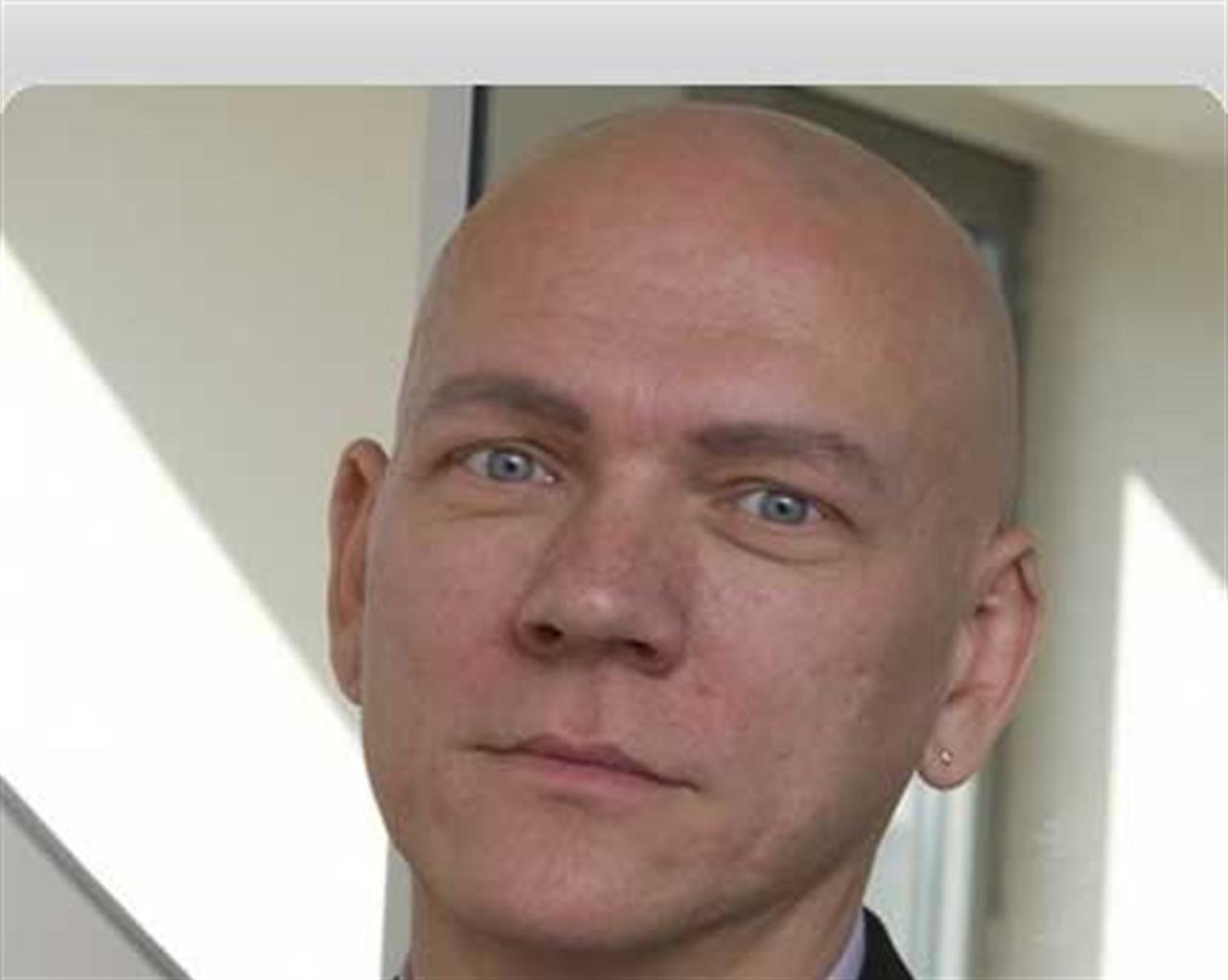Non profit
EU report flunks Latvia on gay rights
European Union Fundamental Rights Agency published its latest report on March 31. The report, on homophobia and discrimination on grounds of sexual orientation and gender identity in the EU, found Latvia somewhat lacking.
di Rose Hackman

On 31 March 2009, the EU Fundamental Rights Agency (FRA) published its latest report “Homophobia and Discrimination on Grounds of Sexual Orientation and Gender Identity in the EU Member States: Part II – The Social Situation”.
The report found that discrimination, harassment and violence against LGBT (Lesbian, Gay, Bisexual and Transgender) people are of yet widespread throughout the EU.
FRA Director Morten Kjaerum in a statement, declared that ” many LGBT persons experience discrimination, bullying and harassment. There have been physical attacks and even deadly assaults against LGBT persons in some countries. These are alarming signals in an EU that prides itself on its principles of equal treatment and non-discrimination.”
Among the countries where gay rights were portrayed as lacking is Latvia, where gay marriage has actually been outlawed since 2005.
Juris Lavrikovs, 40, is communications manager for ILGA (international gay and lesbian association), which campaigns for gay rights on the international human rights and civil rights scene, regularly petitioning the United Nations and governments. Juris Lavrikovs, a Latvian himself, has been working for ILGA Europe in Brussels for five years and has a Masters degree from Exeter university in EU law, having specialised in Human Rights.
He talks about the LGBT community in Latvia, the EU FRA report and fighting for human rights in a changing society; helping us find an answer to the question:
Latvia, gay rights’ black sheep of Europe?
What do you think the Latvian LGBT community’s problems in being accepted by society as a whole stems from?
I think it stems partially from Latvia’s recent history. For 50 years Latvia faced social isolation and Soviet occupation. This means we missed the social evolution and development western countries were going through at the time.
As a consequence today, Latvian society is going through a moment of great confusion. There are so many ideas flooding in from everywhere which are new and untested. People don’t quite know how to deal with them, and this in turn is provoking strong reactions towards the LGBT community. I think this strong opposition is due to lack of information, education and awareness. Something which needs to be changed.
What is the Latvian political situation insofar as LGBT rights and group recognition are concerned?
The situation is not good.
Crucially when you compare Latvia to other EU countries, there is no political party or political figure who will openly stand up to support gay rights. A lot have privately said to us that they support our struggle, but as politicians they feel they cannot do so. As such, nobody has ever come forward to propose an amendment in the legislation to improve the Human Right situation for LGBT people.
What is this due to?
Homophobic attitudes has been used by populist political parties such as the People’s party as a tool to gain votes. It is almost as if homophobic attitudes are being encouraged by the political elite. An increasing wave of religious values within politics, has also meant that liberal minded politicians are being muted. It is incredibly difficult for anybody to openly say anything supportive about LGBT rights right now, because they know that if they did, they would immediately be jumped on by the rest of politicians and accused of being against family and Christian values.
I see it as a kind of strategic campaign to mute liberal thinkers. At the moment there is no space for liberal politicians to express themselves. If they did, it would be political suicide.
Would you say this influences wider societal attitudes?
Absolutely!
If you look at the March 31 EU report you see that where politicians lead society often follows. In those countries where unions are recognised, social mentalities seem to follow. For example in the Netherlands where gay rights are highly recognised, society was portrayed as incredibly tolerant.
You know in Latvia, beyond the subject of same sex civil partnerships, homophobia has not even been recognised as a form of hate crime. What can we expect if there is no-one fighting for us? Politicians could do so much. Right now the worry is that people feel justified in their negative attitudes by their own leaders.
What are the consequences of this on a Human Rights level?
There is definitely a deficit in Human Rights in Latvia tied to the struggle of the LGBT community. But you know, I would also say that for Europe as a whole unfortunately. It is not a complete vacuum, but there is serious space for improvement. You know, when it comes to Human Rights there is never a definitive full-stop. These issues never go away, you have to keep making sure rights are being respected.
Read the report here!
Nessuno ti regala niente, noi sì
Hai letto questo articolo liberamente, senza essere bloccato dopo le prime righe. Ti è piaciuto? L’hai trovato interessante e utile? Gli articoli online di VITA sono in larga parte accessibili gratuitamente. Ci teniamo sia così per sempre, perché l’informazione è un diritto di tutti. E possiamo farlo grazie al supporto di chi si abbona.
